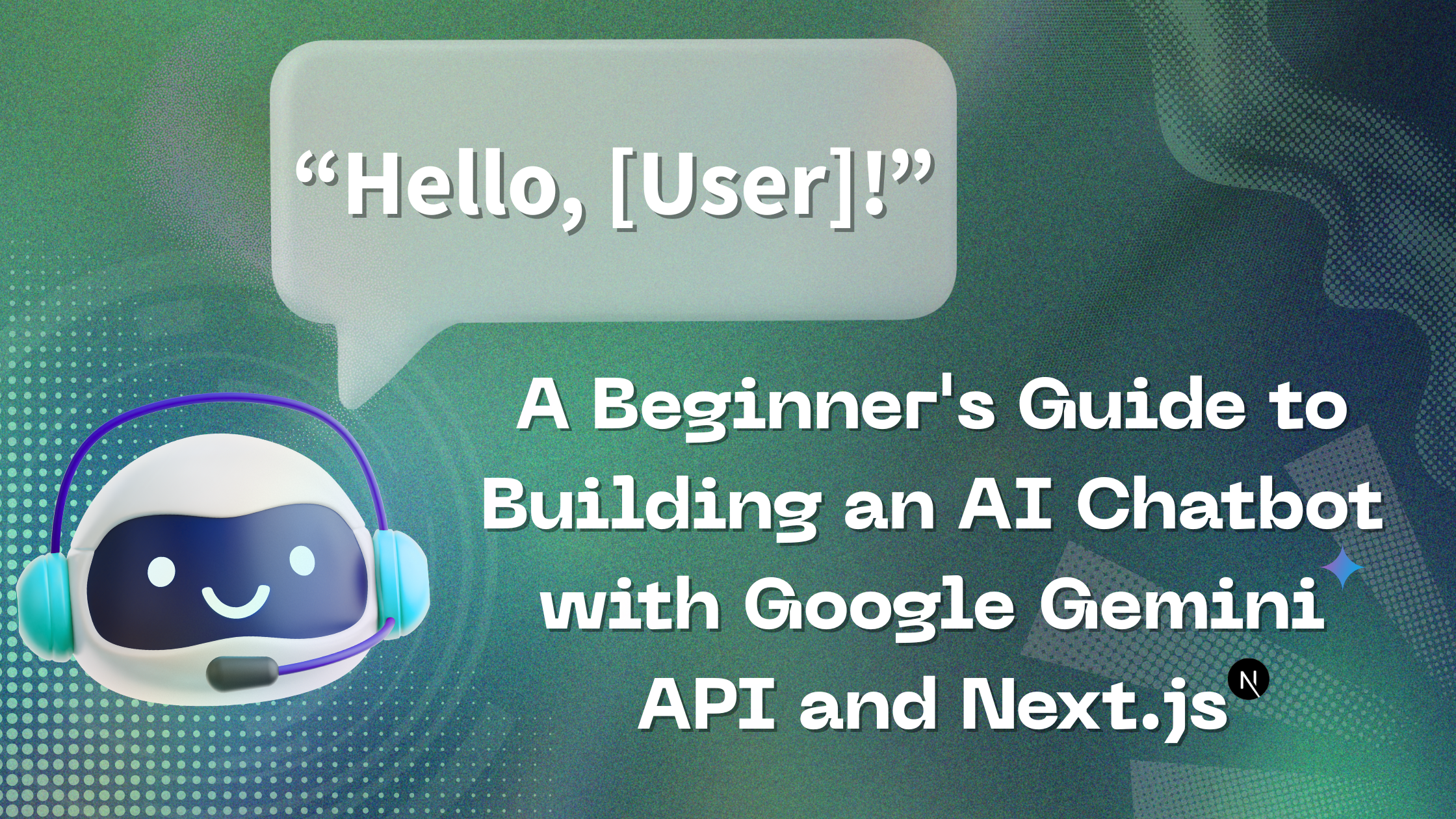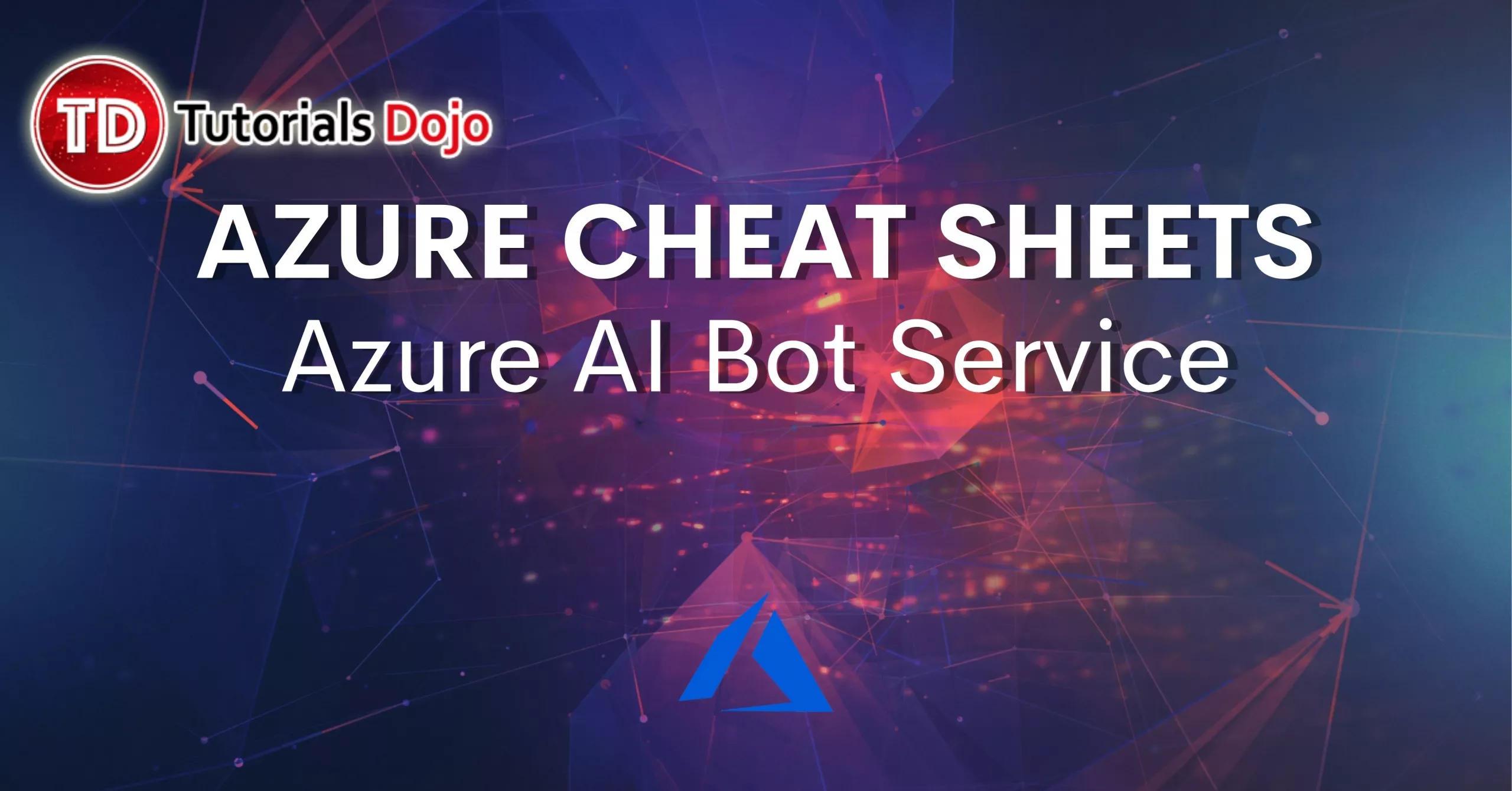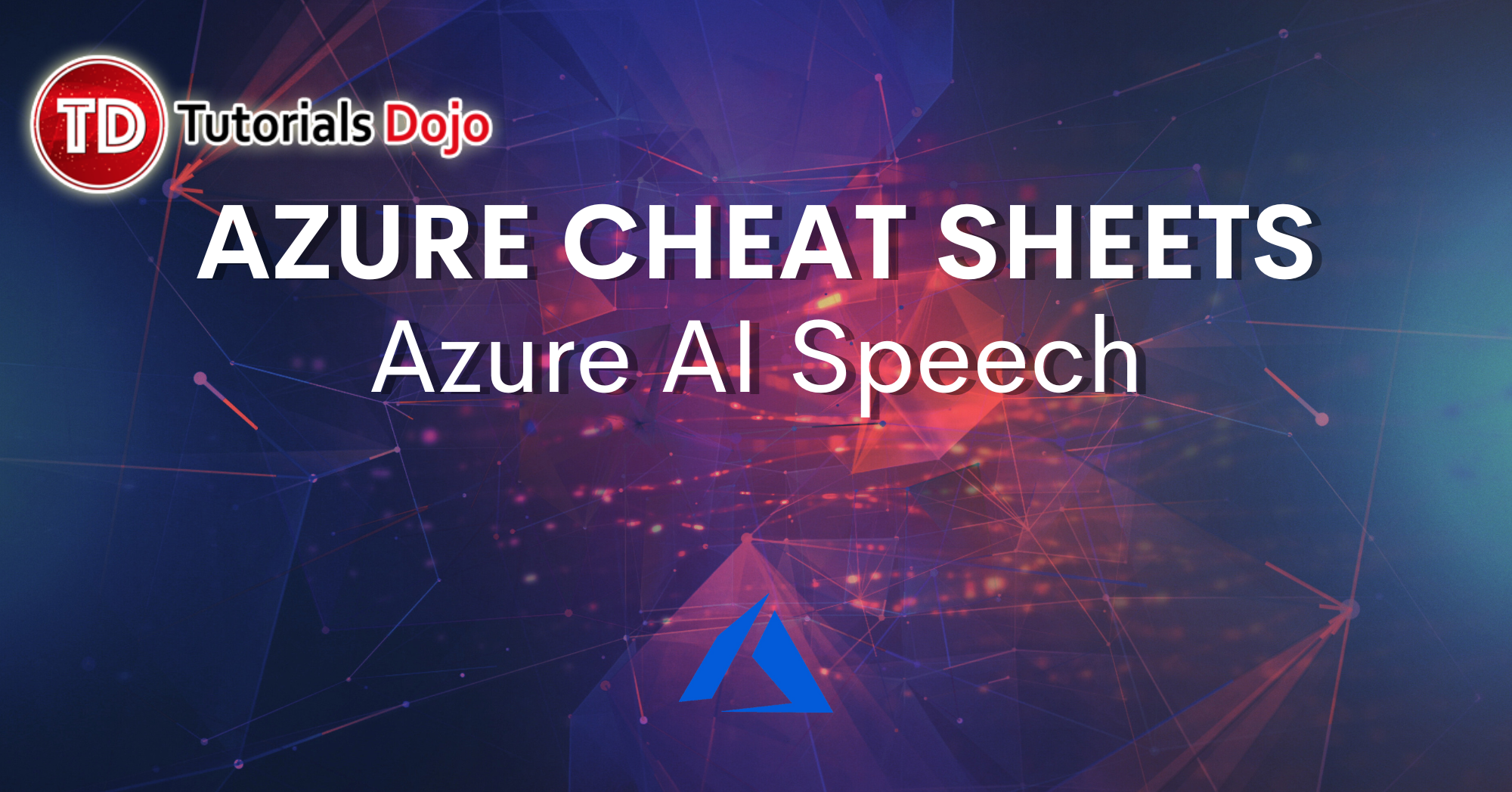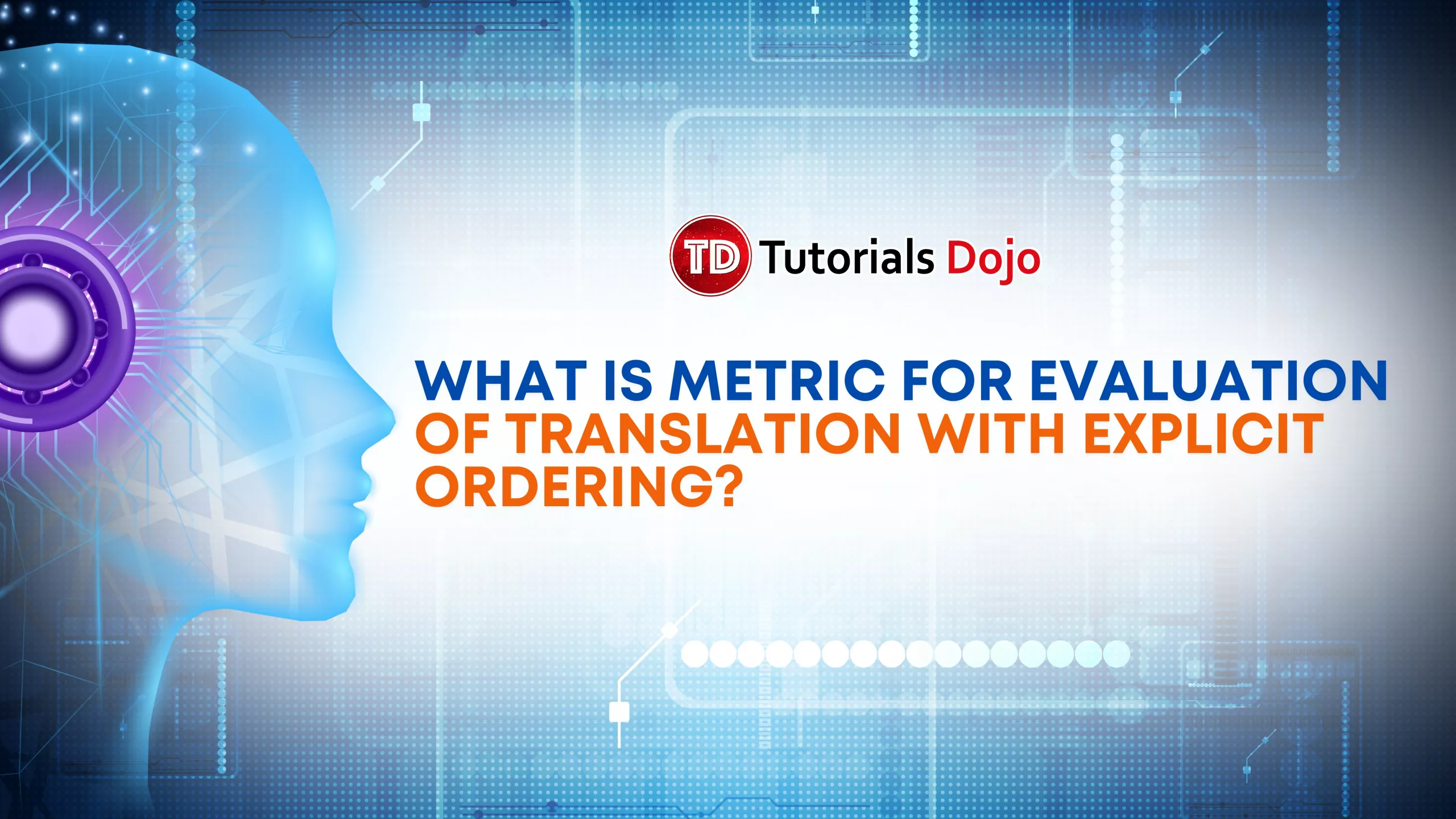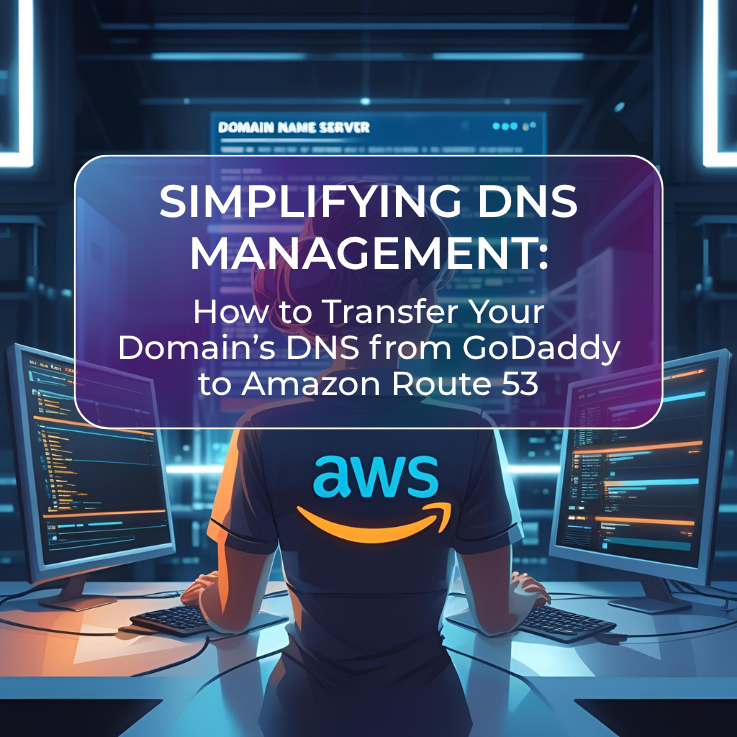“Hello, [User]!”: A Beginner’s Guide to Building an AI Chatbot with Google Gemini API and Next.js
Iñaki Manuel M. Flores2025-07-04T15:11:02+00:00These days, it feels like there’s an AI chatbot for everything. Need help with homework? Stuck on a coding problem? Want to research a random topic? These virtual assistants can answer just about any general question you throw at them. They’re becoming our go-to partners for learning, creating, and problem-solving. But have you ever wanted a chatbot that doesn't just give generic answers but understands and responds with information specific to your needs? What if you could build your own AI chatbot, even as a beginner? Thanks to modern tools like the Google Gemini API and Next.js, you don’t [...]

